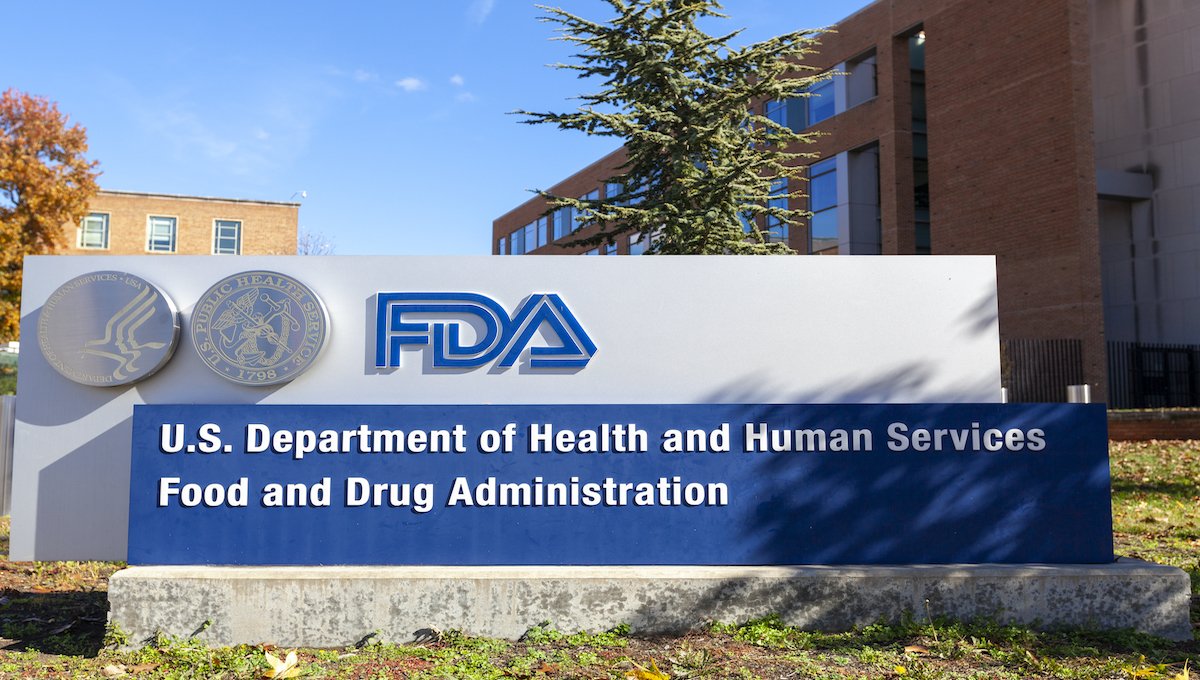Question 2: With illnesses occurring (that we know about) beginning September 6 2021 to at least December 18, 2021, why was the first recall not announced until February 17, 2022 and the expanded recall on February 28, 2022?
Question 3: Why were no FDA inspections performed at the Abbott facility for two years before the outbreak and recall? COVID-19?
First some basic facts on the outbreak:
To date, there are confirmed illnesses in Minnesota, Ohio and Texas only, although there are unconfirmed reports of illnesses in other states and countries.
One ill with Salmonella Newport, Four ill with Cronobacter sakazakii with two deaths in Ohio.
These infants consumed formula that included Similac Sensitive, Similac Pro-total Comfort, Similac Advance, and Similac PM 60/40. These products have been recalled and should not be used.
Findings to date include several positive Cronobacter results from environmental samples taken by FDA at the Abbott Sturgis, Michigan facility. To date, no Salmonella positive tests in product have been reported.
A review of the Abbott ’s internal records also indicate environmental contamination with Cronobacter sakazakii.
Abbott destroyed product due to the presence of Cronobacter sakazakii.
United State illnesses occurred between 9/6/2021 – 12/18/2021 – First recall 2/17/22 – Expanded recall 2/28/22.
Recalled products were distributed to the following countries in addition to the United States: Australia, Bahrain, Barbados, Bermuda, Canada, Chile, China, Colombia, Costa Rica, Dominican Republic, Ecuador, Egypt, Guam, Guatemala, Hong Kong, India, Indonesia, Israel, Jordan, Kuwait, Lebanon, Malaysia, Mexico, New Zealand, Oman, Peru, Puerto Rico, Qatar, Saudi Arabia, Singapore, South Africa, Sudan, Taiwan, Thailand, United Arab Emirates, United Kingdom, and Vietnam ANI South.
According to the CDC, Cronobacter infections are rare, but they can be deadly in newborns. Infections in infants usually occur in the first days or weeks of life. About two to four cases are reported to CDC every year, but this figure may not reflect the true number of illnesses because most hospitals and laboratories are not required to report Cronobacter infections to health departments. Although, not specifically listed as reportable in all states, in some states it is reportable under bacterial meningitis (e.g., CA). It is reportable in Minnesota.
Thanks to efoodalert for digging into past and current inspections of the Sturgis, MI, Abbott manufacturing facility.
Abbott’s infant formula production facility in Sturgis, MI, has undergone twenty-seven FDA inspections since October 2008, according to the FDA’s inspection database.
Twenty-four of the twenty-seven inspections resulted in the company’s operations receiving a clean bill of health.
In October 2010, the FDA inspector cited the company for three issues, specifically:
- Effective measures are not being taken to exclude pests from the processing areas
- There is no assurance that raw materials which are susceptible to contamination with extraneous materials comply with current FDA standards and defect action levels
- Failure to manufacture foods under conditions and controls necessary to minimize contamination.
These issues were apparently corrected, as subsequent inspections that same year and for several years did not result in any adverse reports.
The situation changed in September 2019, when the FDA inspector cited Abbott for a single issue, stating:
- You did not test a representative sample of a production aggregate of a powdered infant formula at the final product stage and before distribution to ensure that the production aggregate meets the required microbiological quality standards.
Once again, the company corrected its procedures to the FDA’s satisfaction.
There were no inspections carried out for two full years. Then, in September 2021 (unclear if in response to reported illness), the FDA returned. This time, the inspection uncovered several issues:
- Personnel working directly with infant formula, its raw materials, packaging, or equipment or utensil contact surfaces did not wash hands thoroughly in a handwashing facility at a suitable temperature after the hands may have become soiled or contaminated.
- You did not maintain a building used in the manufacture, processing, packing or holding of infant formula in a clean and sanitary condition
- An instrument you used to measure, regulate, or control a processing parameter was not properly maintained.
- You did not monitor the temperature in a thermal processing equipment at a frequency as is necessary to maintain temperature control.
- You did not install a filter capable of retaining particles 0.5 micrometer or smaller when compressed gas is used at a product filling machine.bmarler
In its recall notice, Abbott acknowledged having found “evidence of Cronobacter sakazakii in the plant in non-product contact areas, ”but denied having found the bacterium in finished product.
This would appear to be in direct contradiction to the FDA’s revelation that the company had recorded the destruction of product in the past due to the presence of Cronobacter. Specifically, “a review of the firm’s internal records also indicate environmental contamination with Cronobacter sakazakii and the firm’s destruction of product due to the presence of Cronobacter.”
I still have some questions.











